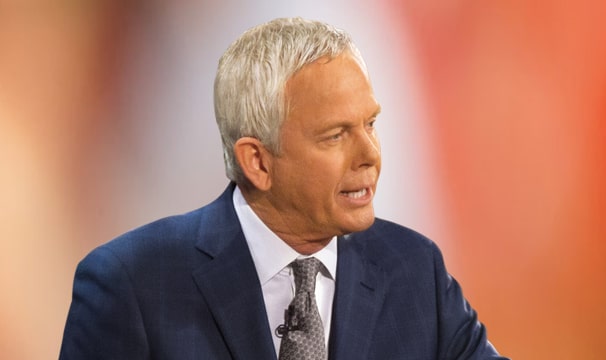We cannot separate what we think from how we live. Right thinking will always produce right living. Wrong thinking will always send us in the wrong direction.
Notice what the scriptures say about our thoughts, “A good man’s mind is filled with honest thoughts” (Proverbs 12:5 TLB). In contrast Proverbs 15:26 says: “The thoughts of the wicked are shamefully vile and exceedingly offensive to the Lord” (AMPC).
Which of these two verses more accurately depicts our thought lives? Can the Lord rely on our thoughts? Are they honest or are they shameful and offensive to Him? The Lord asked me this question: “Do your thoughts glorify God, or horrify God?” Ask yourself the same question.
The Scriptures make it clear that our thoughts are responsible for shaping our actions. In fact, our thoughts and imaginations will eventually direct our actions — whether godly or ungodly.
When Moses sent twelve men to the land of Canaan as spies, ten returned reporting, “We became like grasshoppers in our own sight, and so we were in their sight” (Numbers 13:33).
In reality, the spies could not have possibly known how they looked to their enemy without asking them. And a conversation with the residents of Jericho would have exposed the identity of the spies and would have resulted in their execution.
However, their report does reveal how they viewed themselves: as insignificant and inadequate. They saw themselves as nothing more than insects to be crushed under their enemies’ feet. But God didn’t see them that way.
Not only were the spies limited by their thinking, but they infected everyone who believed their report with the same hopeless attitude. It didn’t take long before everyone believed that Israel was incapable of possessing what God had already promised them — except for two men. As a result, every person who believed the distorted report of the ten spies died in the wilderness except Joshua and Caleb.
It was Israel’s thinking — not the will of God — that determined their destiny. They were robbed of the promise of God because they chose to believe the wrong report.
We are waging a war over who will govern our thoughts. And whoever controls our thoughts controls our destiny. The choices we make will determine the outcome!
What was the difference between the ten spies and Joshua and Caleb? All twelve spies saw the same land, the same fruit, and the same giants. But instead of focusing on the giants, Joshua and Caleb kept their eyes on what God had promised.
When we refuse to believe anything that contradicts God’s Word, regardless of the giants we face, then what God has promised us will come to pass in our lives just like it did for Joshua and Caleb. However, if we don’t purposely take charge of our thoughts, we will be influenced by the negative reports of the world just like the children of Israel were influenced by the negative report of the ten spies.
The ten spies refused to believe God’s report. Now the question is presented to us: Will we believe the report of the Lord?



